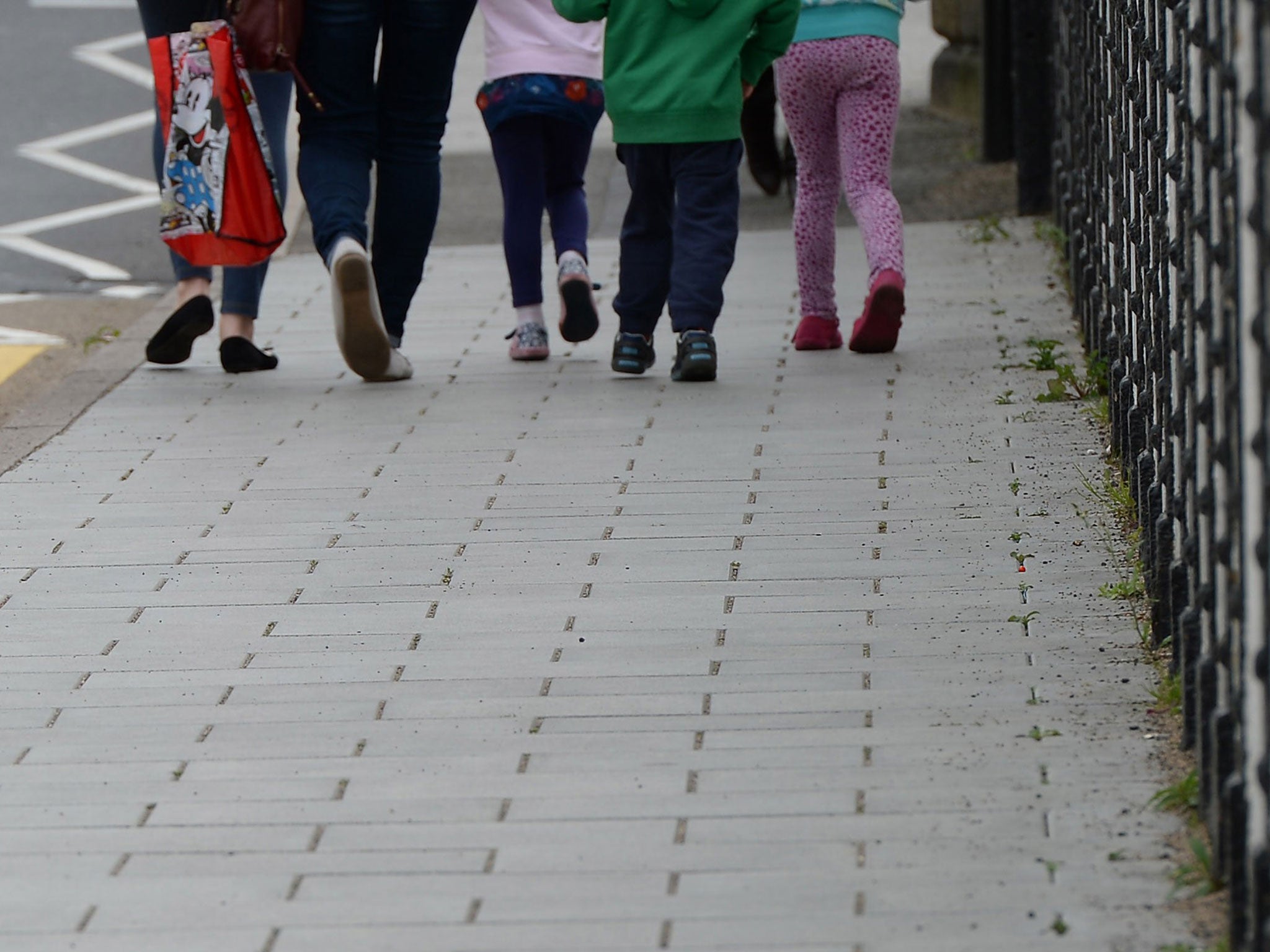Your support helps us to tell the story
From reproductive rights to climate change to Big Tech, The Independent is on the ground when the story is developing. Whether it's investigating the financials of Elon Musk's pro-Trump PAC or producing our latest documentary, 'The A Word', which shines a light on the American women fighting for reproductive rights, we know how important it is to parse out the facts from the messaging.
At such a critical moment in US history, we need reporters on the ground. Your donation allows us to keep sending journalists to speak to both sides of the story.
The Independent is trusted by Americans across the entire political spectrum. And unlike many other quality news outlets, we choose not to lock Americans out of our reporting and analysis with paywalls. We believe quality journalism should be available to everyone, paid for by those who can afford it.
Your support makes all the difference.Britain’s news agenda has been dominated this summer by horrors committed on foreign fields. We have watched as men, women and children have been slaughtered by religious fanatics in Iraq and Syria, caught in the crossfire of strife in Ukraine, and blown up by Hamas rockets or Israeli bombs. If peace in the West has not (yet) been directly compromised, our morality has certainly been outraged.
Yet this week’s shocking report on the widespread sexual abuse of children in Rotherham has blown a hole in any idea that enlightened Western liberalism somehow offers protection from large-scale evil in Britain itself.
The findings of Professor Alexis Jay should send a collective shudder through British society. That the lives of 1,400 young people were ruined by abuse over a period of 16 years up to 2013 is almost beyond comprehension. Gang rapes, serious assaults and psychological torture were the norm for hundreds of children. And the facts cannot be blurred by that terminological net curtain “historical abuse”.
There is no dispute, and it would be dangerous to deny, that a great deal of crime was committed within a cultural context that led perpetrators of mainly Pakistani heritage to regard girls, in the main white ones in this case, as barely more than possessions. That attitude clearly has no place in a civilised country.
But beyond the grim reality that groups of British men spent their days gleefully inflicting unimaginable misery on vulnerable children lies the hardly less troubling approach of the police and others whose role was purportedly to offer protection to the defenceless. The failure of South Yorkshire Police, Rotherham Council and other local agencies to curb widespread criminality is incomprehensible. The notion that some in positions of authority deliberately sought to undermine reports of abuse is simply reprehensible.
While there will be some who seek comfort in the proposition that abusers were motivated by a “foreign” culture, the actions of the police and others in authority were indicative of a seemingly standard feature of British institutional life: a desire to see and hear no evil, and subsequently to cover up evidence of collective failings.
The degree to which victims were not only disbelieved but also treated with indifference, even contempt, is itself as contemptuous as it is depressing. Agencies were afraid that they might appear racist by focusing their attentions on criminals who were overwhelmingly from Asian backgrounds. Some police officers told Professor Jay and her team that influential Pakistani councillors were barriers to discussions about grooming in the community. Yet all this is so much buck-passing.
The cases in Rochdale, Oxford and elsewhere that presaged this scandal should not reduce its shocking impact. For at its heart it demonstrates a lack of gumption and guts among men and women in authority who must have known children were being raped and yet chose to look the other way. Some have argued that whistleblowers need to be offered greater protection so they feel motivated to expose wrongdoing. But why should there be any need to blow a whistle when information about abuse was so widely known it was virtually being heralded by trumpeters?
It is difficult to reject the suspicion that many victims were ignored for the reason that victims are often ignored: because they were regarded as having played a part in their own downfall. They were runaways; they played truant; they hung around with unsuitable older men; they took drugs and got drunk. They were as worthless in the eyes of their protectors as they were in the eyes of their abusers.
British authorities may not be able to protect the children of Syria and Iraq. But on our own shores there can be no excuse.

Join our commenting forum
Join thought-provoking conversations, follow other Independent readers and see their replies
Comments